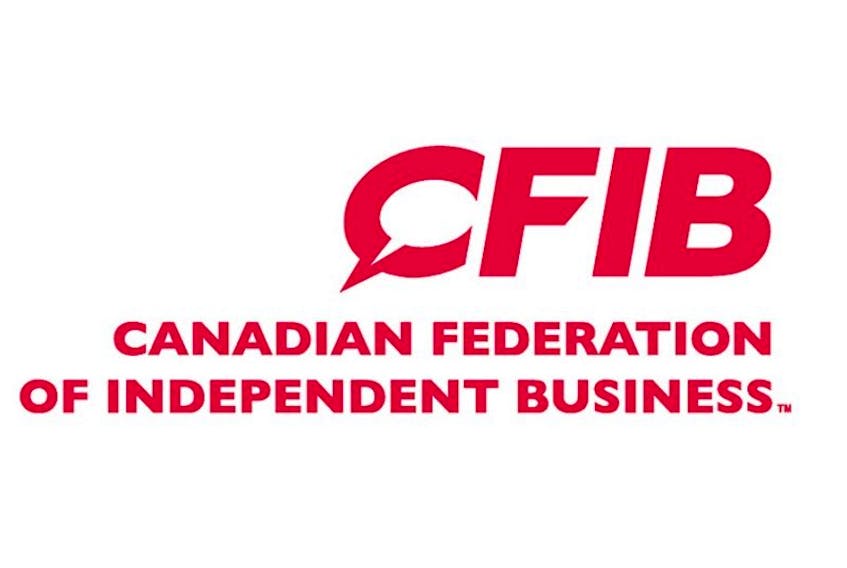By Vaughn Hammond
In the last few years, the cost of operating many businesses in Newfoundland and Labrador has outpaced their ability to generate revenues. The effects of a slow economy have been worsened by the provincial government’s actions to deal with Newfoundland and Labrador’s desperate fiscal situation. Business owners will be looking to the 2019 provincial budget for help.
Many Newfoundlanders and Labradorians think the provincial economy has been slow in recent years, but, according to Statistics Canada data, it actually grew in 2016 and 2017. The main driver was the oil and gas industry as oil prices and oil production increase. Unfortunately, the economic growth of the last two years has not been felt “on the ground” and there is a good likelihood this will continue in the short-term.
The provincial government trumpets the great job it has done reducing the deficit they inherited upon coming into power. While it is true the government reduced the deficit by $1.3 billion between 2016 and 2018, what they won’t state is how they did it. According to the government’s Public Accounts, increased taxation ($544 million) and higher oil royalty revenues ($429 million) are responsible for the bulk of the deficit reduction over that time. Spending remained flat and certainly spending restraint made no contribution to deficit reduction at all.
It is often stated that small business is the backbone of the economy and a pillar of the community. However, evidence shows the smallest businesses (ie. Those with less than 20 employees) in Newfoundland and Labrador are not creating jobs. Business owners in the province are concerned about the current state of the economy.
These numbers lend credence to the notion that the government’s approach has been to take the easy route to deficit reduction. It has done very little to deal with its spending problem. Rather, the government has chosen to take money from the pockets of consumers and businesses, inevitably resulting in a decline in retail sales in 2018; the first since 1998.
However, the government has an opportunity to change direction in Budget 2019. The most egregious, odious tax was the re-introduction of the Retail Sales Tax (RST) on insurance premiums. In 2008, the government had eliminated the tax to the benefit of households, businesses, non-profits and municipalities.
From the small-business perspective, the re-introduction of the RST on insurance premiums is cutting into profits because, unlike the Harmonized Sales Tax, there is no input tax credit. In essence, the tax comes right off the bottom line constraining their ability to grow. Businesses adjusted by reducing the amount of insurance coverage, cutting staff hours, or increasing prices of goods and services. Removing this tax should be paramount in Budget 2019 and the agreement related to the Atlantic Accord announced earlier this month may allow for this to happen.
Small-business owners will also expect the government to implement initiatives for all businesses, regardless of sector. However, given the consultant report on economic diversification commissioned by the government, one could be forgiven for assuming the government plans to continue “picking winners and losers.” If the government announces economic diversification initiatives for selected actors, it should commit to annual reporting on the benefits derived and costs incurred from any of these “investments.” Taxpayers have a right to know how their money is being spent.
It is often stated that small business is the backbone of the economy and a pillar of the community. However, evidence shows the smallest businesses (ie. Those with less than 20 employees) in Newfoundland and Labrador are not creating jobs.
Business owners in the province are concerned about the current state of the economy. For many, the past few years have been very difficult and they have been trying to make their businesses work the best they can. And yet, there is some optimism about what the future holds.
Government must put more capacity to grow in the hands of business owners. With the right decisions, Budget 2019 can be good for small business.
Vaughn Hammond is director of provincial affairs in Newfoundland and Labrador for the Canadian Federation of Independent Business. He writes from St. John’s
RELATED









